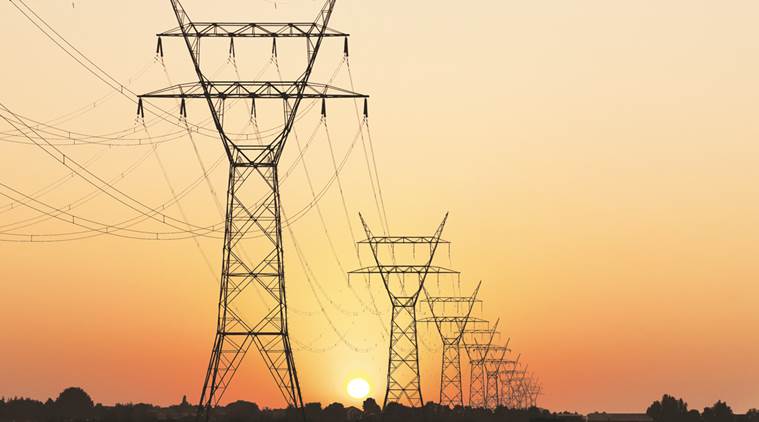
The three major discoms in the city have petitioned the Delhi Electricity Regulatory Commission (DERC) for a hike in the city’s power tariff, claiming a collective deficit of Rs 287 crore in the average revenue requirement for the financial year 2019-20 and past dues.
The DERC has now issued a notice for a public hearing on the petitions submitted by BSES Rajdhani, BSES Yamuna and TPDDL (Tata Power) on June 10. The hearing assumes significance against the backdrop of CM Arvind Kejriwal’s recent assertion that fixed charge rates will be reduced in the next tariff order.
The commission will also take suggestions and comments on the petitions till June 10. The new tariff order, already delayed due to the Lok Sabha elections, is expected by the end of June.
According to the DERC, the BYPL (BSES Yamuna), in its petition, claimed that the revenue deficit — the difference between earnings and expenditure — will be Rs 64 crore in 2019-20 at the existing tariff. BRPL (BSES Rajdhani) has put the estimated deficit at Rs 123 crore.
The two BSES subsidiaries serve over 42 lakh consumers in Delhi while TPDDL, a joint venture between Tata Power and the Delhi government, has a customer base of 16.4 lakh in North and North West Delhi.
In its petition, the BYPL has sought to justify its claim by referring to the increase in power cost due to the Central Electricity Regulatory Commission (CERC) orders, the sealing drive undertaken by the civic bodies, increase in fuel and distribution costs due to inflation, impact of the Seventh Pay commission, GST, Minimum Wage Revision among others.
It has also sought a trajectory from the DERC to recover its “huge accumulated regulatory gap of Rs 14,289 crore up to Financial Year 2017-18”. The BRPL has put its accumulated regulatory gap at Rs 14,782 crore.
The DERC, has in the past, rejected the demands of the discoms, and Kejriwal has claimed that discoms were inflating their liability figures.
BRPL has cited an “adverse consumer mix which has resulted in a lower distribution margin at the hands of the licensee as compared to its peers” in demanding a tariff hike, while also pointing out “high power purchase cost”.
Last year’s tariff order had come into effect in May. The DERC had left the per unit tariff unchanged, while effecting a hike in fixed charges. The Congress and BJP have claimed the hike in fixed charges was done to benefit discoms, a charge rejected by the AAP government.